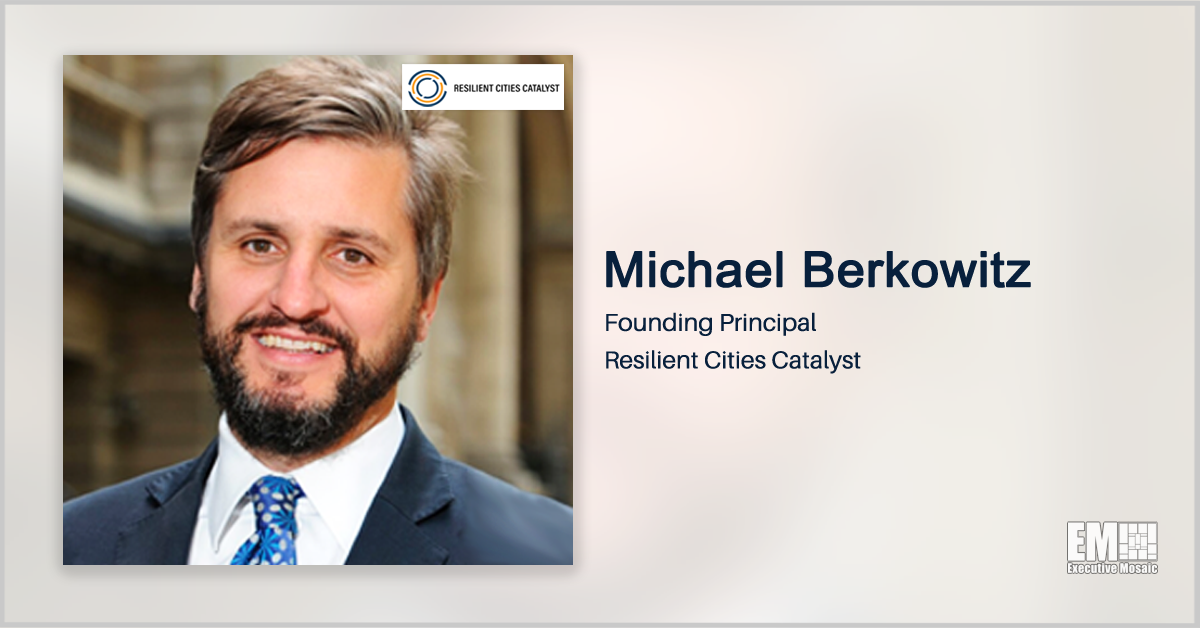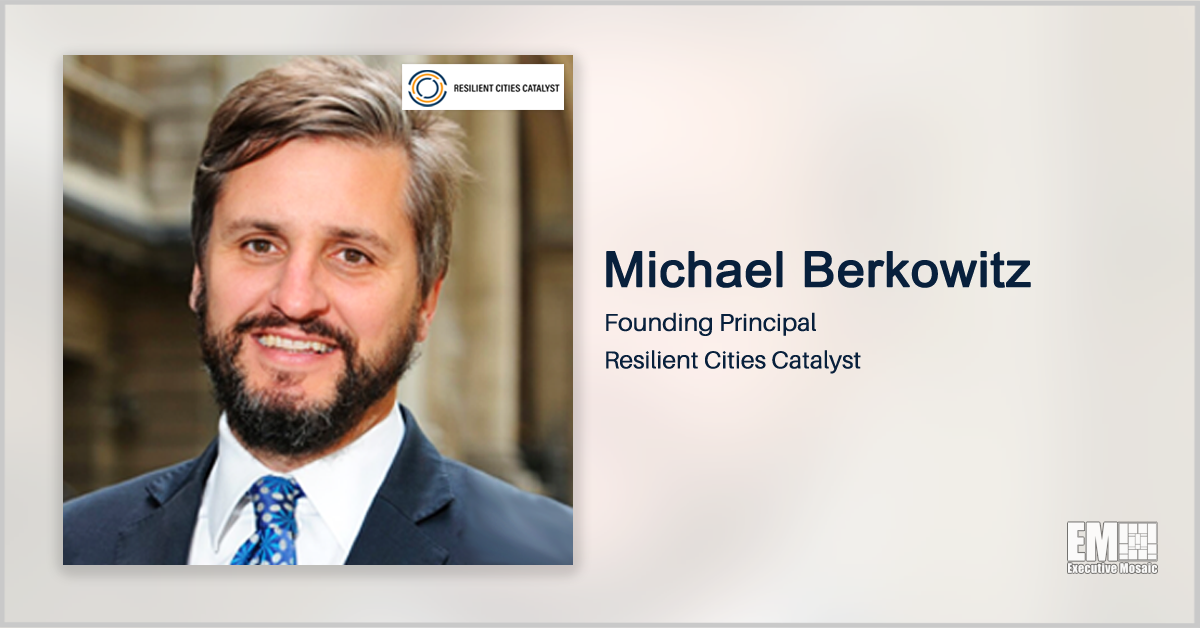Extreme weather events continue to increase in frequency and severity on a global scale, and climate change is gaining greater importance across federal government agencies’ priorities and concerns.
According to the National Oceanic and Atmospheric Administration’s National Centers for Environmental Information, the U.S. has experienced at least 18 extreme weather events over the past year, each with losses and associated costs exceeding $1 billion. These large-scale losses contribute to the more than $100 billion spent in total thus far on the nation’s climate change-related disasters in the last year alone.
As part of the White House’s latest advancement regarding its Jan. 2021 Executive Order on addressing the climate crisis, the Biden Administration is set to sign its $1.2 trillion Bipartisan Infrastructure Deal, the Infrastructure Investment and Jobs Act, on Monday.
Following the bill signing ceremony, President Biden will deliver an address to highlight the bill’s environmental and climate-related initiatives as the administration continues to maintain its central focus on combating climate change.
Designed to augment the White House’s Build Back Better framework, the infrastructure bill outlines investments in sustainable public transit systems, electric vehicle infrastructure, major port repairs, clean drinking water and greenhouse gas reduction efforts, among other initiatives aimed at strengthening response and recovery capabilities as well as fortifying the U.S. against future climate catastrophes.
The bill follows the October 2021 release of climate adaptation and resilience plans from more than 20 federal agencies, including the Department of Defense. These plans were designed to protect critical government infrastructures, ensure operational continuity and reflect the growing urgency of action required to mitigate climate damage as new threats emerge.
Similarly, city and county governments are increasingly creating dedicated climate adaptation leadership roles to help urban areas prepare for, mitigate and better respond to destructive weather events like flooding and wildfires by building and maintaining structural, organizational and systematic resilience.
The Rockefeller Foundation’s 100 Resilient Cities initiative, launched in 2013, helped create the new role of chief resilience officer for more than 80 cities and local governments across the country, marking an important step in recognizing and responding to climate change on a governmental level.
To elaborate on the CRO initiative and the growth of resilience work, Michael Berkowitz, founding principal of the 100RC member-founded non-profit organization, Resilient Cities Catalyst, told Smart Cities Dive that his work aims to start a “revolution” that fundamentally changes the way cities think about their risks and opportunities.
“We hope that we can provide some of the missing links to cities to help drive implementation in tangible ways, not just develop strategies and workshops,” Berkowitz added.
Other organizations working to build urban resilience include NOAA and the Climate Resilience Fund, which have collaborated to support climate adaptation projects across U.S. communities through the partnership’s Coordination and Collaboration in the Resilience Ecosystem grants program.
David Herring, chief of the NOAA Climate Program Office’s Communication, Education and Engagement Division, said this year’s four grantees will help the agency to scale and accelerate equitable and inclusive resilience-building capabilities in addition to shaping the U.S. Climate Resilience Toolkit’s Steps to Resilience Framework.
On Nov. 18, Michael Berkowitz will keynote GovCon Wire Events’ Climate Resilience: Reducing Risk and Creating Opportunities Fireside Chat, conducting a timely discussion with moderator Steve Ambrose, chief climate scientist for SAIC, to examine the crucial steps government agency and industry leaders must take to prepare and secure essential capabilities for the future of climate change.
Click here to register for the “Climate Resilience: Reducing Risk and Creating Opportunities Fireside Chat on Nov. 18.







